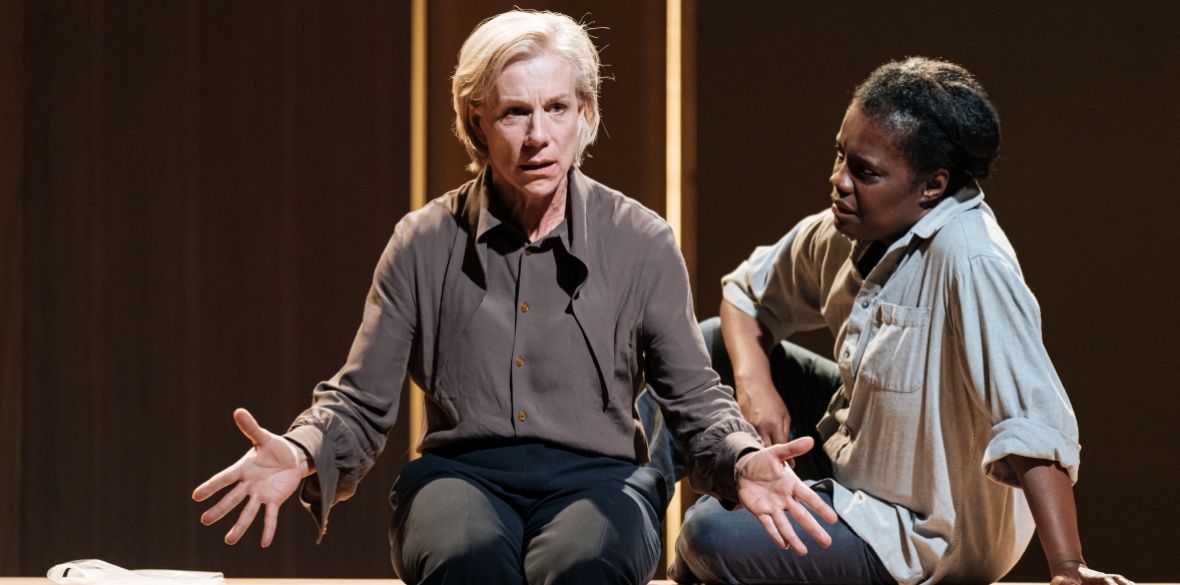This is the last article you can read this month
You can read more article this month
You can read more articles this month
Sorry your limit is up for this month
Reset on:
Please help support the Morning Star by subscribing here
The Doctor
Almeida Theatre, London
IN ARTHUR SCHNITZLER’S original play the Jewish Professor Bernhardi is the director and founder of a Viennese clinic, where in 1900 a young woman in his care is dying of sepsis following a botched, self-administered abortion.
Her absent parents send in a Catholic priest to administer the last rites but Bernhardi blocks the visit on the grounds that it would cause unnecessary anxiety to a fragile patient, whose religious beliefs are unknown.
So far, so Schnitzler, but from this point on director Robert Icke’s trademark dramatic reconfiguration of original texts kick in and the playwright’s exposure and castigation of Austrian anti-semitism in the 1900s and its odious consequences are morphed into a wider debate about the toxicity of present-day identity politics.
A media campaign worthy of Joseph Goebbels ensues, turning public opinion against Bernhardi, here regendered as Ruth Wolff and played by the stupendous Juliet Stevenson. She’s falsely accused of manhandling the black priest — blind cast in the production by a white actor — and the sinister climate of hysteria cranks up, somewhat one-dimensionally, for the best part of two lengthy hours.
Deep-seated professional rivalries, opportunism and shameful brown-nosing, masquerading as adopting the moral high ground, all come to the fore. Those in fear of being “branded” abandon logic and principle at the hospital and beyond.
The frantic crescendo of contrived outrage reaches its zenith in a mockery of a TV debate where Wolff is castigated, Spanish Inquisition style, with barmy diatribes from the blinkered tribunes of identity politics.
Defeat is as inevitable as it is bitter for the complex and moral doctor, who’s perhaps too standoffish for her own good. Yet there’s some dubious solace in seeing the self-serving priest (Paul Higgins) admit to choosing silence rather than supporting the truth that would have exonerated Wolff for reasons of divine expediency.
The outstanding performances from Stevenson and Naomi Wirthner, who doubles as Wolff’s deputy and her adversarial interlocutor, can’t entirely recompense for a somewhat static, sluggish production.
Even so, the continuous revolve of the stage ingeniously alters the audience’s sightliness and a back projection of Stevenson’s face, during the trial-by-TV with a predetermined outcome, is inspired.
It reveals, in spectacular nuance, her mastery of facial micro-expression and for that alone it’s worth seeing this production.
Runs until September 28, box office: almeida.co.uk












